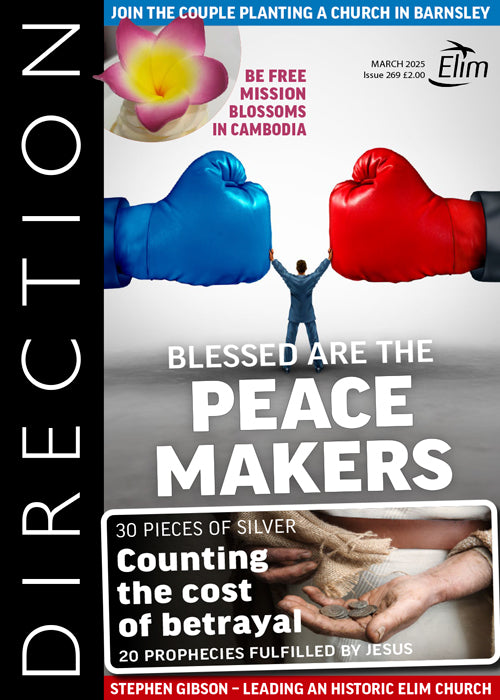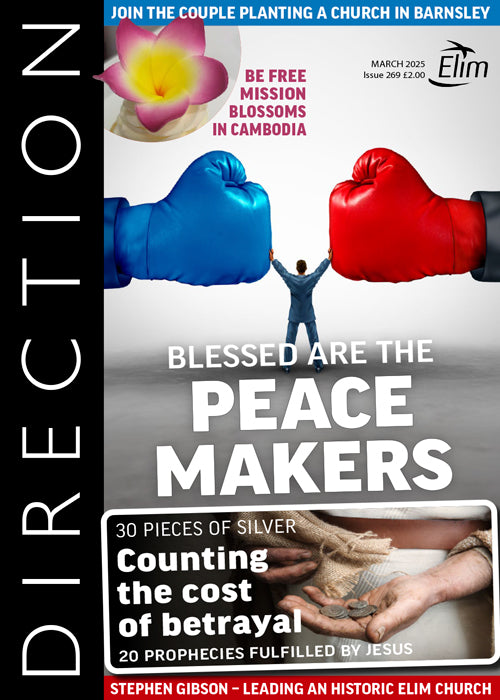
Theology or Holy Spirit? You can have both
Should believers study theology or enrol in the ‘school of the Holy Spirit’? Michelle Nunn considers the options.
When early Pentecostals worshipped, they expected to encounter God, and when they read the Old and New Testaments, under the tutelage of the Holy Spirit, they found that they encountered Christ and grew in their understanding that all Scripture pointed to Christ.
Their text-centred, common-sense approach worked for a less educated Pentecostal community who valued inclusivity and the participation of all, as the priesthood of all believers.
In time, Pentecostals adopted Evangelical historical-critical methods and progressively tolerated and accepted academia.
But many would continue to argue that intimacy with the Spirit was lost, as academic approaches hindered believers co-labouring with the Spirit to discover Christ in the Word.
Believers can feel like they must choose either studying theology or being in the School of the Spirit.
However, the team at Regents believe the choice doesn’t have to be either/or – it can be both.
When Principal George Jeffreys envisioned Elim’s Bible College in November 1924, he talked of a place where men and women could be trained and prepared for Elim ministry; this involved learning theologically and experientially.
He wanted to place ministers in the movement’s newly planted churches, recognising a lack of training was hindering the work of bringing people into a Spirit-empowered relationship with Christ.
Jeffreys wanted to train workers for leadership roles and, despite the urgency, recognised they needed time to study the Word of God as well as gain some practical experience in evangelism.
… story continues








